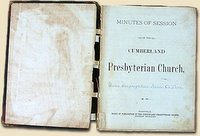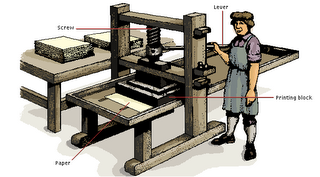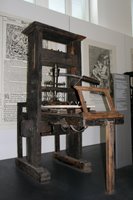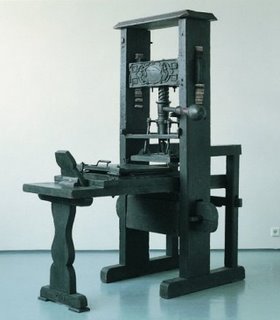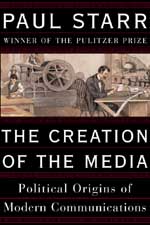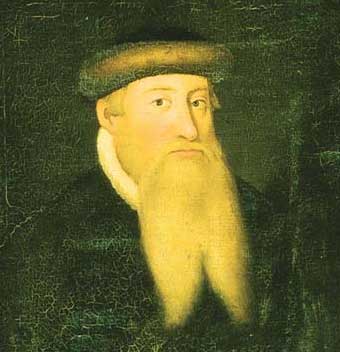Paul Starr writes in his book that the development of the newsletter played a big part in the development of the postal service.
"Postal networks supported the creation of news networks" (Starr, p31)
With the beginnings of newsletters, there was then a need to send and receive them. People such as bankers, diplomats and nobles were the few people who had access to these newsletters which stated the prices of local markets as well as the rates for foreign bill exchange. These types of newsletters were produced by commercial centers. One of the first newsletter type of publication to be circulated was referred to as a
gazzette. With the creation of this new media, there was a need to get it out there, and get it to the people who would benefit from it. From the early stages of newsletters, which were sent to certain people or private businesses, emerged the commercial newsletter. These were distributed throughout the mail in Europe and by people passing them on. If not for the postal service, these early forms of newspaper would not have evolved as much as they did. But the newsletter and early newspaper wasn't met with a much fan fair as you may think, early newspapers were used as a chronicle of past events and not so much as a base to discuss present community issues. Starr writes
"When newspapers first appeared, they were heavily censored, if not shut down
entirely; those that were permitted to develop were primarily court
gazettes,
founded to monopolize the news and to report and celebrate the
ceremonial life
of the court."




